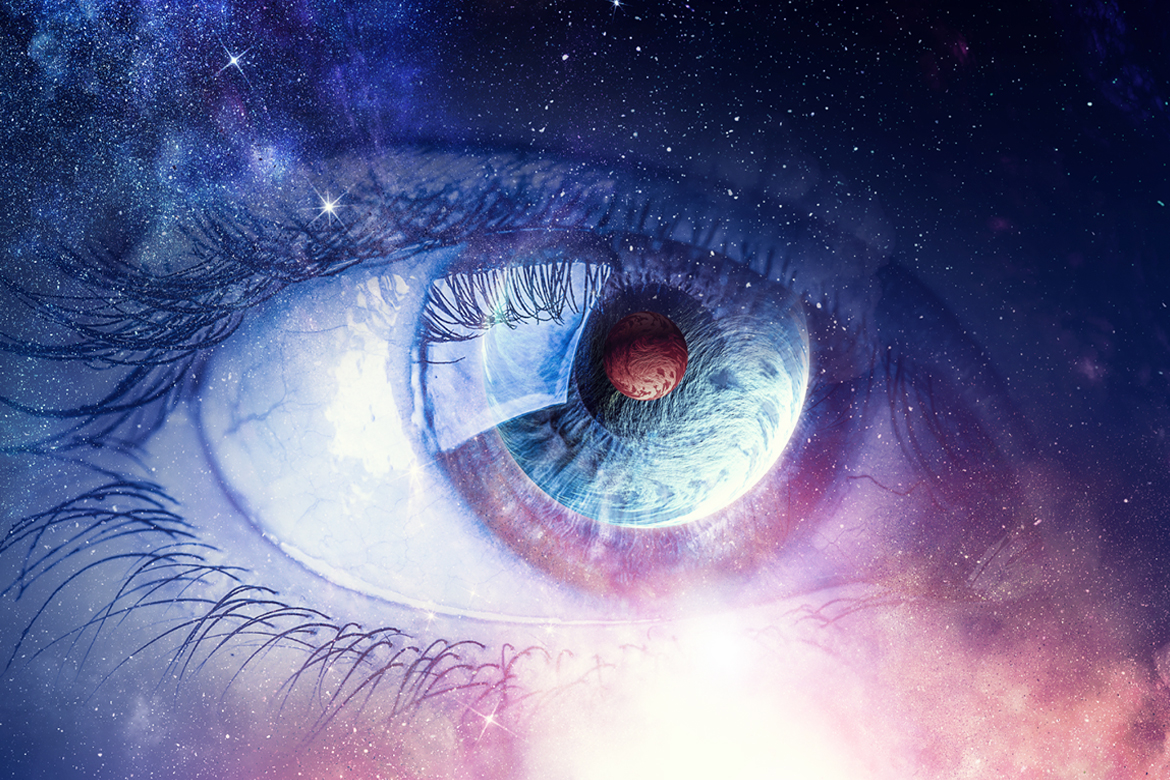Rebbe Nachman tells us that it’s a requirement—not an option—that we judge others favorably. We learn that when we do, we can literally change them from dark to light, from meritless to meritorious.
At the end of the last post, we posted questions from students (paraphrased). We’ll try answering these and others:
Shouldn’t we trust our own senses? If we see clearly that someone is evil, how can we pretend otherwise?
and
Doesn’t Judaism teach us (and common sense tell us) that it’s dangerous to ignore evil or give wickedness a pass, as this gives permission to do even more evil?
We cannot pretend evil doesn’t exist—it does. And, it’s true that it’s dangerous to ignore evil. Throughout the ages, Jewish scholars have discussed this topic in great depth and we have many clear guidelines. Violent criminals and utter evil are not, however, what the average person has to deal with when learning Azamra. We know to never give a pass to someone who is harming someone else.*
Finding the good point in others and condemning genuine evil, however, are not mutually exclusive propositions. In fact, true good often sits quietly behind not-good, waiting to be rescued and brought into the spotlight. Evil’s quite the attention-hog.
Is evil necessary?
There are many Kabbalistic reasons for the existence of evil, the simplest being that because it contrasts with the good, it enables us to make a choice. This choice is actually necessary for our life mission. With evil, free-will exists. Without it, we may as well be programmed robots.
What does it mean that when we judge someone favorably in our minds and hearts, we genuinely elevate him to the side of merit and cause him to mend his ways? How is this possible? How can our thoughts bring about such a huge change in reality?
It’s very nice to have forgiving, generous thoughts. But Rebbe Nachman tells us that our thoughts are more than reflections of our own inner experience, they are actually functional powerhouses, capable of changing reality. Thoughts are comparable to, and in some ways more forceful than, physical actions.
How is this possible?
The holy Zohar teaches us the Jewish people are one. It’s not just a slogan. We each possess an individual soul, but we know that our unique soul is part of a larger root soul, and that root soul is part of a dynamic Jewish mega-soul.
Imagine a giant coral or the Oregon honey fungus. Each of these organisms is one massive living being. Yet, each exhibits some form of individual, intelligent expression.
Each of us is absolutely an individual. Talmud alludes to the fact that each life is an entire world!
Yet, we are deeply, indivisibly connected. When the toe of our collective soul is stubbed, we all feel the psycho-spiritual pain. This phenomenon might explain why when we hear in the news about a Jew who does a good deed, we feel pride in that Jew’s accomplishments, whether we know him or not. The converse is also true. The shame we feel when a Jew commits a crime feels like an utterly personal shame. This isn’t a mere familial sensibility—it’s more.
Power of Your Thoughts
We acknowledge that our own thoughts have tremendous power, as indicated in the expression, “a self-fulfilling prophecy”. But their reach is far more than just the “power of positive thinking.”
Rebbe Nachman says quite a bit about the power of our thoughts:
Man’s mind is his very essence. Wherever your thoughts are, that is where you are – all of you.
Guard your thoughts very carefully, because thought can literally create a living thing.
And of course, there’s the old Yiddish saying: Think good and it will be good.
Although the Zohar does give us some insights into the importance of our cognition, we are not capable of completely codifying the metaphysical mechanism by which thought changes our world. After all, thought is the most sublime, least material, function we perform. Still, the Rebbe assures us that by identifying that bit of goodness in another, having a positive thought about him, we do indeed lift him or her from the state of ra to tov, bad to good.
The Rebbe explains that when we kick something with our foot, it can go so far and so high. When we throw it with our hand, it can go higher still. We can hear things even farther away, such as a gunshot. And with our eyes, we can see farther still—we can see the sun, moon, and stars. But our thoughts, says the Rebbe, are our highest, most sublime faculty, reaching all the way to the Heavens. Our thoughts can change the world.
*If a person qualifies as a rodef, a pursuer of life (attempted murderer) we do not pause to look for the good in him. We are required to rescue the victim and do what it takes to stop the rodef. What about when the situation is not so clear cut? For example, what if a rodef is trying to harm someone else on a spiritual level? What are our obligations then? In situations like this, if it seems unclear, we ask a Rav. If a Rav isn’t available, we keep in mind and do our best to protect a soul as we would a body.

